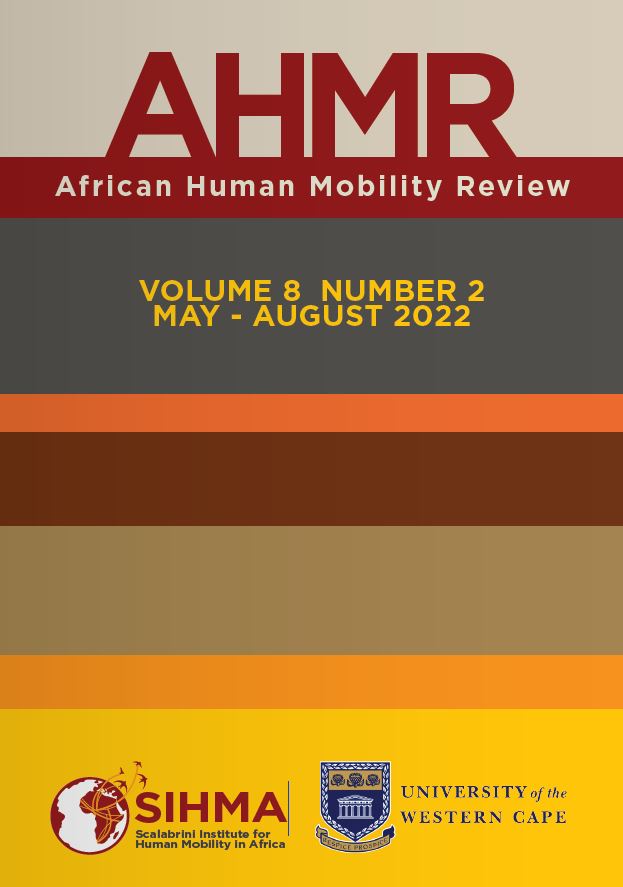Main Article Content
Returnees and the Dilemmas of (Un)sustainable Return and Reintegration in Somalia
Abstract
Voluntary return is identified as one of the durable solutions for refugee protection under the international refugee regime. There is limited research on returnees’ experiences and aspirations when they return to a home country with a high level of violent conflicts, and with severe lack of safety and stability. This article draws from semistructured interviews held with Somali returnees who returned through the voluntary repatriation program from Kenya. The article shows the complexity behind their return experience by advancing the discussion on return based on Jørgen Carling’s aspiration and ability model. The findings show that for the majority of the returnees, return is not sustainable as they do not return to their homes and as a result are displaced in camps where they face considerable challenges finding employment, decent housing, secure living environment, and educational opportunities for their children. However, their transnational networks in Kenya boost their return aspirations – the majority of the returnees interviewed possess aspirations to re-migrate, but cannot do so due to financial costs and therefore they remain trapped in immobility.






